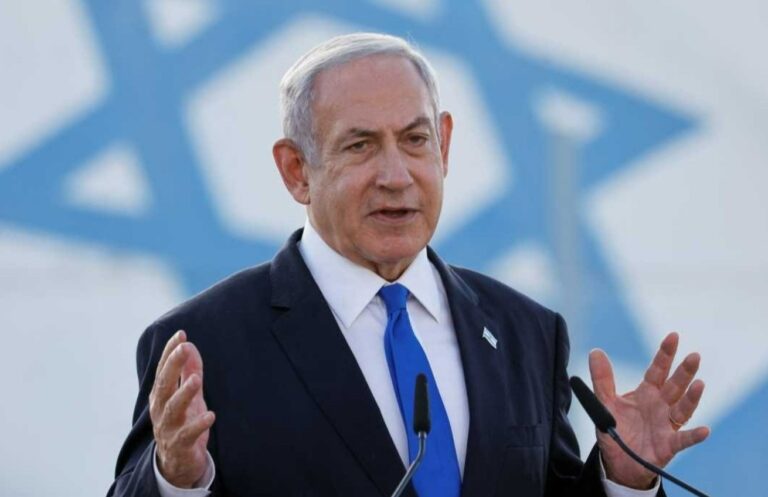Israel has long been studying the applications of artificial intelligence in the field of warfare. Algorithms can grind out huge amounts of data and devise complex strategies in fractions of a second.
Most technologies for civil use have a military background. And when it comes to military technology, one inevitably looks to the state of Israel. Where it is no coincidence that for years, long before ChatGpt & co. broke out, they have been carrying out studies on the uses of artificial intelligence applied to the field of warfare.
Table of Contents
Israel trains artificial intelligence
According to Bloomberg, which has heard from anonymous army sources, a system codenamed Fire Factory is being developed that can analyse huge amounts of data in fractions of a second. From radar systems, drones, robots and smart cameras.
The artificial intelligence enlisted in Israel’s army swallows gigabytes and gigabytes of data, ‘ruminates’ them. And is then able to organise operations accordingly. Thus taking into account the number of ammunition, available drones and aircraft, weather and terrain conditions. And, targets approved by the military. All this in a matter of fractions of a second.
In short, those who thought that technology would play a subordinate role in the wars of the future, constituting mostly cannon fodder, are sorely mistaken. AI could instead assist strategists in their most delicate tasks.
The artificial intelligence that Israel’s army is currently experimenting with is used in particular to locate targets during air strikes more quickly. But, given the strategic capabilities we have just mentioned, to manage logistics. Which in military operations is one of the tasks that requires the most attention.
Netanyahu’s policy
In a recent interview with podcaster Lex Fridman, Israel’s Prime Minister Benjamin Netanyahu explained the country’s objectives in the field of artificial intelligence. Thus confirming that the country will remain one of the frontier lands of innovation.
This, thanks in part to the numerous hyper-tech start-ups it carefully nurtures.
In recent weeks, he also celebrated a $25 billion deal with Intel, which will build a factory to produce chips, crucial in every hi-tech circuit.
Read also: Artificial Intelligence, the European Parliament approves the first regulation ever












